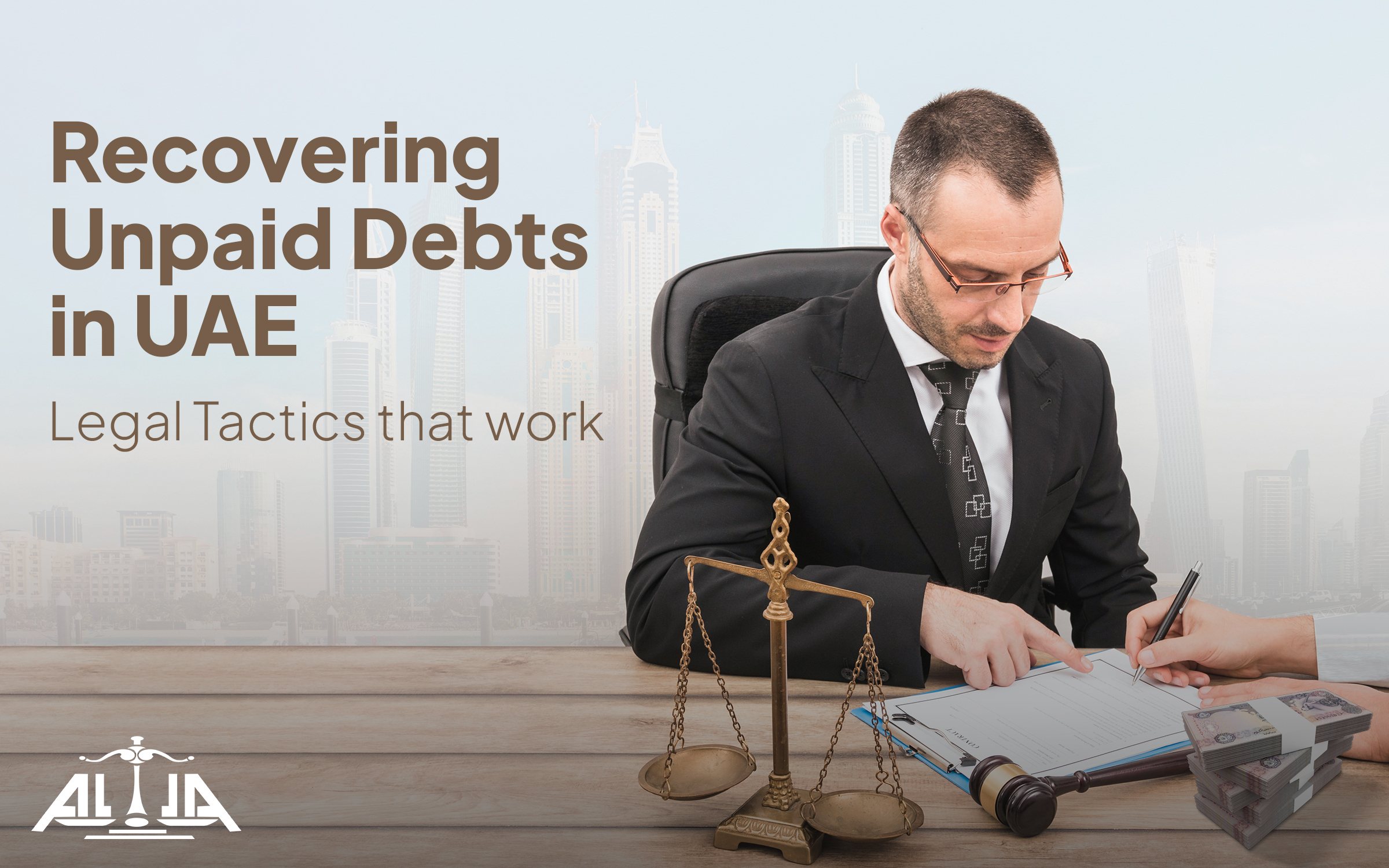Unpaid debts pose a significant challenge to businesses in the UAE that are looking to maintain operational continuity and long-term financial stability. Without proper debt recovery strategies in place, businesses can face a lot of issues like cash flow disruptions, financial strain, and operational inefficiency.
Fortunately, there are some effective legal tactics and strategie
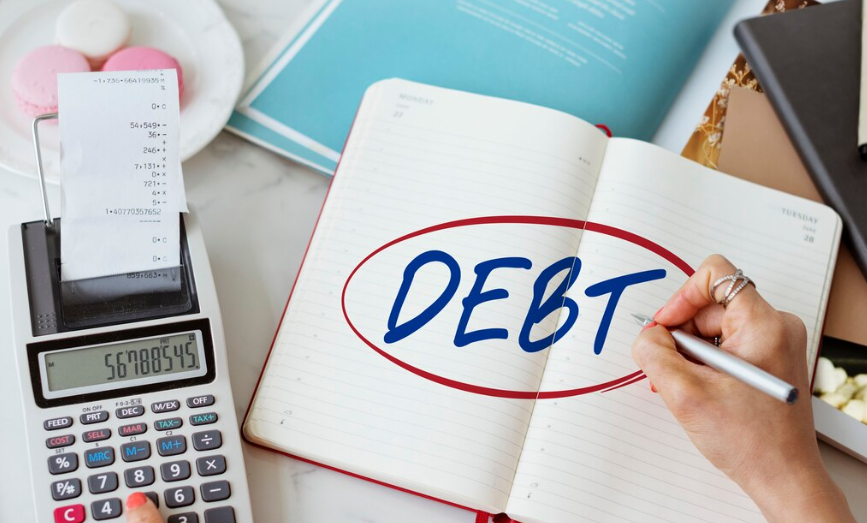 s that businesses can use for recovering outstanding debts. These debt recovery tactics are rooted in various laws and regulations that give you a detailed legal framework governing the debt recovery processes.
s that businesses can use for recovering outstanding debts. These debt recovery tactics are rooted in various laws and regulations that give you a detailed legal framework governing the debt recovery processes.
This blog delves into effective legal tactics that businesses can use for collecting or recovering unpaid debts. Using these tips, businesses can reduce financial loss while ensuring a positive long-term relationship with their debtors so keep on reading till the end.
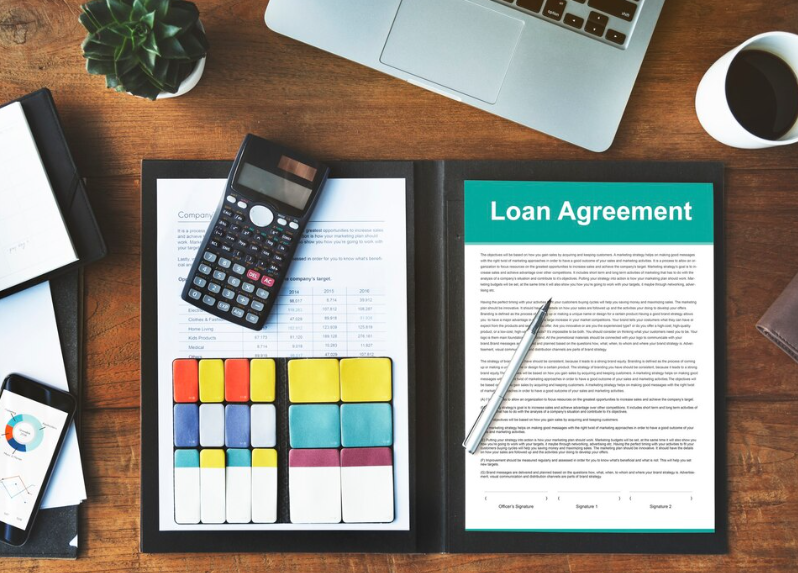
- Understanding Unpaid Debt Recovery in the UAE
- The Legal Framework for Recovering Unpaid Debts in the UAE
- Legal Tactics for Recovering Unpaid Debts
- Pre-Litigation Debt Recovery Tactics
- Negotiation and Amicable Settlement
- Offer Repayment Plans and Reduced Settlements
- Issuance of Legal Notices
- Filing a Case in the Legal Courts
- Hiring Debt Collectors
Understanding Unpaid Debt Recovery in the UAE
Debt recovery involves strategies that businesses can use to pursue debts from individuals or other entities that have failed to fulfill their financial obligations to their creditors.
Debt recovery tactics are an important part of the financial strategy of creditors as they enable them to collect what is rightfully owed to them. UAE’s legal system gives credits several means to recover unpaid debts. They can do it through amicable settlements or they can go with formal legal actions based on their specific circumstances.
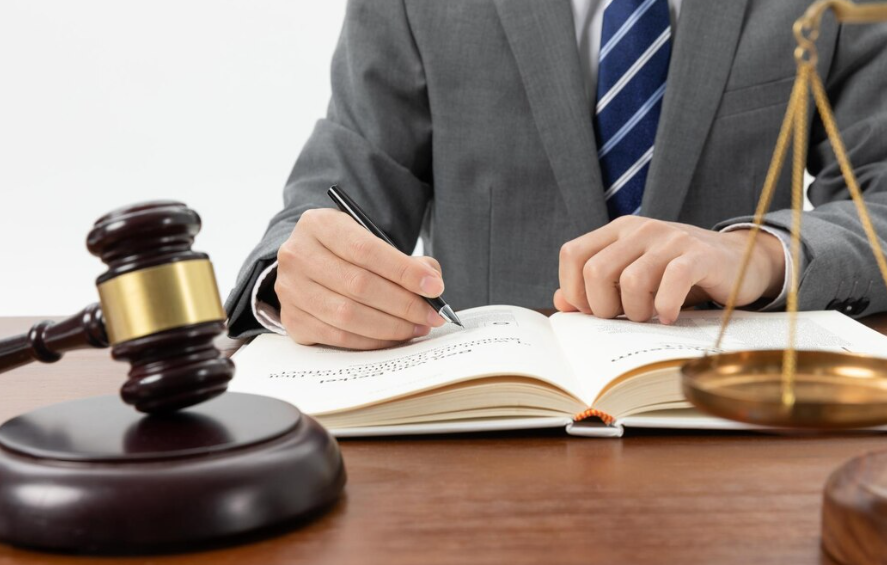
Effective debt recovery strategies ensure businesses are able to maintain a consistent cash flow and better financial health while also upholding contractual obligations.
Following are some key types of debts recoverable under the UAE law
- Commercial Debts: These include commercial obligations like unpaid invoices, defaulted business loans, etc. These debts are pursued through specialized DIFC courts.
- Personal Debts: These include personal borrowing, credit card debts, and other personal unpaid loans which are recovered via civil courts.
- Secured Debts: These include mortgagees or secured loans that are backed by collaterals. These debts are usually recovered by the selling of the pledged assets of the debtor.
The Legal Framework for Recovering Unpaid Debts in the UAE
The UAE offers a very comprehensive legal framework for debt recovery which facilitates debt recovery through several means like negotiation, mediation, and even legal action.
- The primary laws that give foundations for pursuing unpaid debts and determine the obligations and rights of both creditors and debtors are the Civil Transactions Law, the Commercial Transactions Law, and specific legislation related to bankruptcy and insolvency.
- The foundation for this legal framework is the UAE Civil Code which outlines the principles governing contract and tort law for debt obligations.
- The Commercial Transaction Law addresses commercial disputes related to trade and business transactions.
- Procedural laws of the UAE determine the processes involved in the legal action initiating and enforcement.
All these legal sources give creditors a clear path for recovering outstanding debts while also protecting their every right.
Legal Tactics for Recovering Unpaid Debts
Following are some effective legal tactics for debt recovery that actually work.
-
Pre-Litigation Debt Recovery Tactics
Before you think about pursuing legal actions, it is always better to try some pre-litigation strategies that can save you both time and trouble.
- Creditors can establish clear rights and obligations of the debtor in the very beginning using documented terms of trade or credit applications to facilitate better debt recovery.
- They can also set strict timeframes, make regular phone calls, and hire debt recovery agencies.
- The creditor can engage in direct negotiations with the debtor and they both can reach a mutual agreement for debt repayment.
- During this negotiation, the creditors can also hire expert legal services that can facilitate fair mediation.
- And lastly, the creditors can issue demand letters that urge the debtors to clear their payments in a specific timeframe.
-
Negotiation and Amicable Settlement
Negotiation is always the first step in the recovery of the unpaid debts. The creditors can contact their debtors via letters, phones, or email to give them regular reminders.
In case the debtor fails to meet the timelines due to financial difficulties, the creditors can then consider a feasible payment plan that makes the debt recovery easier.
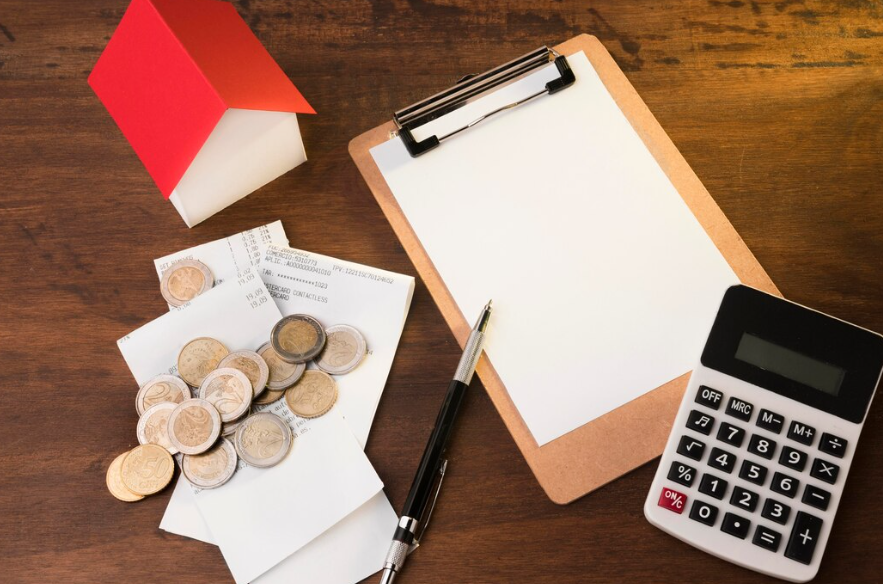
With negotiation and enough flexibility, you can reach a mutually acceptable solution that can eliminate the need for formal legal proceedings.
-
Offer Repayment Plans and Reduced Settlements
Another viable option is to go for relaxed repayment plans and reduced settlements. With repayment plans, debtors can clear their debts in installments which makes things easier for them while ensuring a consistent cash flow for the creditor.
Agreeing to reduced settlements and forgiving some of the debt is another way to minimize financial loss in cases where debt recovery is particularly difficult.
-
Issuance of Legal Notices
If the previous efforts do not yield your desired results, then you can go ahead and send a formal legal demand notice. The contents of this notice must include the amount owed as well as original related invoices.
This letter will give the debtors a clear deadline for repayment which they must meet if they are to avoid legal action. This letter gives the debtor a final opportunity to clear their debts and emphasizes the seriousness of the situation.
-
Filing a Case in the Legal Courts
If the debtors don’t pay heed to the letter, then you are left with only one choice and that is to file a case in the appropriate court based on the type of debt, the debtor’s location, as well as the claim amount.
You will need the following documents to file this case
- Original invoice
- Legal demand notice
- Copy of the agreement executed between the parties
- All relevant correspondences
After the case has been filed, both parties will go for the hearings and present their arguments and evidence based on which the court will give a ruling which both parties must surrender to.
-
Hiring Debt Collectors
Another effective way to ensure better debt recovery is to hire professional legal services that specialize in debt collection. Debt collection and recovery agencies enhance your chances of debt recovery through their debt negotiation, arbitration, and litigation services.
They can contact debtors, issue notices, file cases, and facilitate judgment obtaining and execution which ensures the whole process remains stress-free for you.
In short, they can handle every debt management and recovery task which ensures financial stability and long-term operational continuity for your business in the UAE.
Conclusion
You need to stick to a strategic approach when it comes to recovering unpaid debts in the UAE. You can start by engaging in amicable negotiations and sending formal demand letters. If this doesn’t work, you can then resort to legal notices and proceedings to ensure you get the amount you are owed.
To further streamline debt recovery, you can hire legal services who can handle every step of this process for you. With their vast experience and deeper understanding of the UAE’s legal framework, these services guarantee timely debt collection thus saving you both time and trouble.
You can visit us at Alawi Al Jabri to get the best debt recovery, arbitration, and litigation services all over the UAE.

